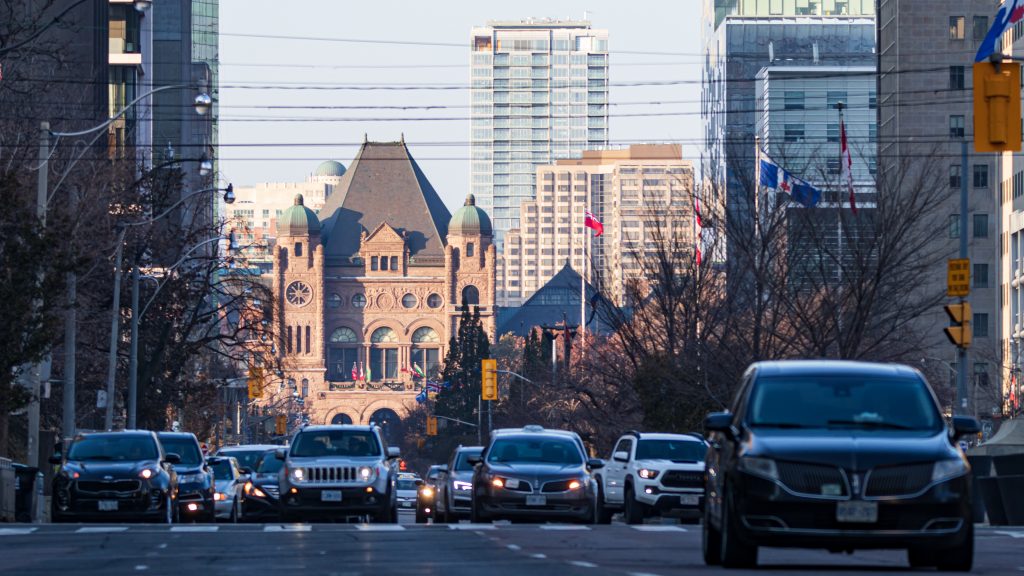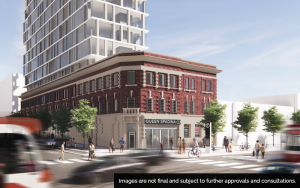The Residential and Civil Construction Alliance of Ontario (RCCAO) would like to see three specific issues incorporated into the Ontario government’s 2020 budget: streamlining the municipal environmental assessment process, implementation of the updated excess soils regulations and continued transit and transportation infrastructure investments.
The associations 2020 pre-budget submission was made Jan. 24 to the Standing Committee of Finance and Economic Affairs.
“On topics such as reforming the municipal environmental assessment process and managing excess construction soils, we are pleased with the government’s efforts to streamline these processes and aim to create a more competitive business environment,” states the submission. “However, we believe that more can be done to further remove unnecessary, costly and time-consuming barriers to necessary construction projects.”
RCCAO is recommending the province place high priority on streamlining the municipal class environmental assessment (MCEA) process. Although the province released a discussion paper on modernizing Ontario’s EA program in 2019 and changes have been made to the Environmental Assessment Act through the More Choices, More Homes Act to streamline low risk projects by exempting them from bump up requests, the changes have not been adopted yet.
“From my understanding, the comments that were received last spring are being reviewed and the reform package is going to be introduced in the spring,” said Andy Manahan, executive director, RCCAO.
“One of the things that concerns me is that we’ve heard that there may be this major legislative reform of the whole Environmental Assessment Act. Although that may be the right thing to do, my concern is that this may bog down the reforms on the municipal class EA side of it.”
“We are still waiting for the low risk projects to be exempted from the part two order or the bump up process,” he added. “Although it sounds good on paper there is still a lot to do to streamline processes.”
RCCAO is urging the government to bring forward MCEA reform separately from other Class EA sectors.
“A major legislative reform package would require a lot more public consultation typically and I would rather see more changes with respect to the MCEA and do that right away. The next step would be the bigger legislative reform,” said Manahan.
At the Excess Soil Symposium in December 2019, the provincial government announced regulatory changes to the reuse and management of excess soils generated by construction sites. Through the submission, the RCCAO is asking the province to implement the updated regulations according to the announced timeframe.
RCCAO has already had discussions with Ministry of the Environment, Conservation and Parks staff about promoting awareness of the new regulations and the best mechanisms for implementation.
“I suggested, at least for the early days, the existing excess soils engagement group would probably be a good forum to say ‘here is our list of priorities and how are we going to proceed’ including outreach to the municipal sector and making them aware of new regulations that are coming into place and maybe amending their fill bylaw,” said Manahan.
The association is also asking the province to delegate the minister’s authority to respond to Part II order (bump up) requests to the director of the environmental assessment branch and to mandate reduced timeframes for responding to Part II Order requests.
In terms of transportation and transit infrastructure investment, RCCAO recommended the province should adopt evidence-based business case approaches to transportation infrastructure project selection, design, financing, construction and maintenance to ensure maximum service standards and optimal savings for taxpayers, the submission indicates.
“Sometimes you have politicians say ‘we are concerned with the lack of skilled trades to be able to meet projects.’ I would hate to see that used as an excuse to slow down the project pipeline,” said Manahan. “It’s good for the Ontario economy, some projects are going to be good environmentally and provide more resilient infrastructure.”
Building a relief subway line in Ontario is one of the top priorities for RCCAO and one of the recommendations in the submission is to implement market sounding to advance construction and meet the proposed completion date of 2027.
“It is an ambitious timeline but they think there are ways to deliver by 2027,” said Manahan.
Follow the author on Twitter @DCN_Angela.











Recent Comments